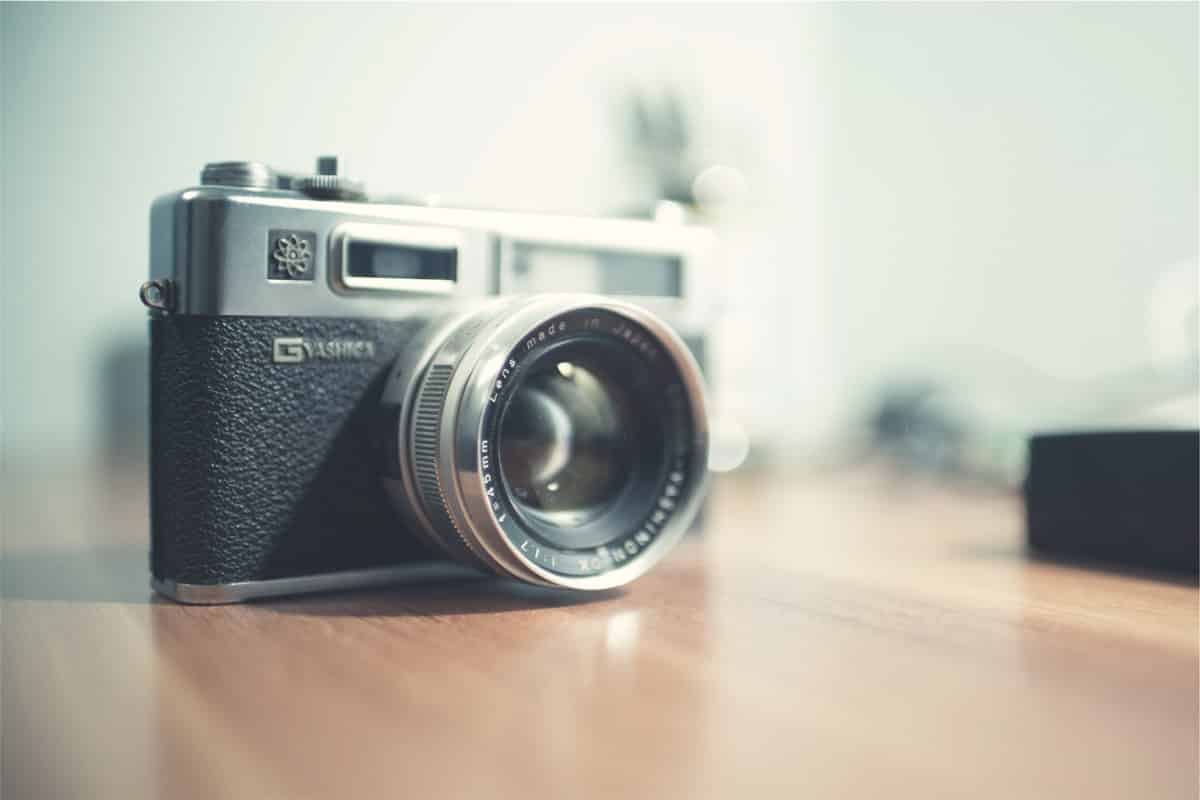Rust formation is a pervasive threat to the longevity and safety of firearms, necessitating proactive measures to control humidity, maintain proper storage and handling practices, and implement effective rust prevention strategies to safeguard investments. Controlling moisture levels, regular cleaning and inspection, and employing rust-resistant materials and coatings can prevent rust formation. Proper storage practices, such as using a well-ventilated gun safe or cabinet, can also mitigate the risk of rust. By understanding the causes of rust and taking preventative measures, gun owners can protect their firearms from deterioration, and continue to explore the most effective methods to protect their valuable assets.
Key Takeaways
- Controlling moisture levels is crucial to preventing rust formation on guns, with ideal humidity levels between 30 and 50 percent.
- Regularly wiping down guns with a light, glossy sheen of oil and storing them in well-ventilated areas can prevent rust.
- Proper storage practices, including using mini dehumidifiers and rust-resistant materials, can safeguard firearms against rust.
- Prompt treatment of rust damage is essential to prevent further damage and potential safety hazards.
- Regular cleaning, inspection, and maintenance of guns, even when not in use, can prevent rust and maintain their longevity.
Preventing Gun Rust Formation
One of the most critical steps in maintaining the integrity of firearms is preventing gun rust formation, which can be achieved through a combination of proper storage, handling, and maintenance practices. Gun safety relies heavily on rust prevention, as rusty relics can become hazardous to handle. Humidity is the primary culprit behind rust, so controlling moisture levels is essential. Regularly wiping down guns after handling and applying a light, glossy sheen of oil can prevent rust. Additionally, storing guns in well-ventilated areas and using mini dehumidifiers in gun safes or closets can help manage humidity. By following these practices, firearm owners can safeguard their investments and confirm their guns remain in top-notch condition, free from the corrosive effects of rust.
Safe Storage Practices
Proper storage practices play a vital role in maintaining the integrity of firearms, as incorrect storage can lead to rust formation and damage to the weapon. A Gun Closet or dedicated storage area should be designed to provide a safe environment for your firearms. Verify the space is well-ventilated, dry, and free from humidity. Avoid storing guns in locations prone to moisture, such as basements or near bathrooms. Instead, opt for a climate-controlled area with a consistent temperature between 60°F and 70°F. Invest in a high-quality gun safe or cabinet that maintains a stable humidity level, and consider using a mini dehumidifier to further regulate the environment. By implementing these safe storage practices, you can safeguard your firearms from rust and damage, preserving their value and performance.
Treating Rust and Damage
When rust does occur, prompt treatment is essential to prevent further damage and potential safety hazards, as untreated rust can compromise the structural integrity of a firearm. Effective rust removal requires a thorough damage assessment to identify the severity of the corrosion. For light surface rust, cleaning with oil on soft steel wool may be sufficient. However, for more severe cases, a polishing agent and gentle scrubbing may be necessary. It is vital to avoid aggressive scrubbing, which can scratch the metal finish. In cases where rust has pitted the metal, consulting a gunsmith may be necessary. Prompt and proper treatment can prevent further damage and maintain the firearm remains safe and functional.
Regular Gun Maintenance
Regular gun maintenance is essential to preventing rust and maintaining the longevity of a firearm, as even brief periods of neglect can lead to corrosion and damage. As a responsible gun owner, it's vital to prioritize gun safety and invest in regular maintenance to protect your investment. This includes regularly cleaning and inspecting your firearms, even when not in use. Applying a light, glossy sheen of oil to metal parts can prevent rust, while excessive oil can attract dust and debris. Consider investing in firearm insurance to safeguard against unforeseen damage or loss. By incorporating regular maintenance into your routine, you can prolong the lifespan of your firearms and maintain peak gun safety.
Rust Prevention Strategies
In addition to regular maintenance, employing rust prevention strategies is vital to safeguarding firearms against the corrosive effects of moisture, which can lead to significant damage if left unchecked. A well-ventilated Gun Room or storage area is essential, as poor circulation can exacerbate rust formation. Rust Resistant materials and coatings can also be employed to protect firearms. Additionally, storing firearms in a controlled environment, away from humid areas like bathrooms and kitchens, can help mitigate rust risk. Using silicone-treated gun socks and hard-sided cases with non-foam interiors can provide an additional barrier against moisture. By implementing these rust prevention strategies, gun owners can safeguard their investment remains protected and functional for years to come.
Humidity Control Measures
Every gun owner should prioritize maintaining a humidity level between 30 and 50 percent in their storage area to prevent rust formation, as excess moisture can lead to devastating damage. Effective humidity control measures are vital in preserving the integrity of firearms. Dehumidifier placement is key, as it should be positioned in a way that allows for prime air circulation and moisture absorption. Climate monitoring is also essential, as it enables gun owners to track humidity levels and adjust their storage conditions accordingly. By implementing these measures, gun owners can substantially reduce the risk of rust formation and safeguard their firearms remain in pristine condition.
Cleaning and Handling Tips
Proper gun handling and cleaning techniques are essential in preventing rust, as even the slightest residue of sweat, dirt, or grime can trigger oxidation and compromise the firearm's integrity. Fingerprints Matter, as they can leave behind moisture and oils that can accelerate rust formation. To prevent this, always handle guns with clean, dry hands, and wipe them down after use. Here are some essential cleaning and handling tips:
- Clean guns after handling: Remove dirt, sweat, and oils that can trigger rust.
- Use a light, glossy sheen of oil: Apply a thin layer to metal parts to prevent rust.
- Avoid touching metal surfaces: Oils from skin can cause rust; use gloves or handle guns by the stock.
- Store guns properly: Keep them in a dry, cool environment, away from direct sunlight.
Protecting Your Gun Investment
One of the most critical aspects of protecting your gun investment is ensuring that your firearms are stored and maintained in a rust-free environment. Gun collectors understand the importance of preserving their valuable assets, and insurance options can provide additional peace of mind. To safeguard your investment, consider the following:
| Storage Option | Humidity Control | Rust Protection |
|---|---|---|
| Gun Safe | High | High |
| Gun Closet | Medium | Medium |
| Hard Case | Low | Low |
Frequently Asked Questions
Can I Use WD-40 to Clean and Protect My Guns?
When considering lubricant alternatives for firearms maintenance, avoid using WD-40, as it attracts dust and moisture, exacerbating rust. Instead, select a light, glossy oil specifically designed for firearms, ensuring superior protection and performance.
How Often Should I Check My Guns for Rust and Corrosion?
Regularly inspect your firearms, ideally every 1-3 months, to detect rust and corrosion, and adjust your storage habits accordingly, incorporating a rust calendar to guarantee timely checks and ideal storage conditions.
Are Silicone Gun Cloths Effective in Preventing Rust?
Silicone gun cloths are highly effective in preventing rust, offering superior microfiber comparison and durability, as they repel moisture and provide a protective barrier, making them an excellent addition to a thorough rust prevention strategy.
Can I Store My Guns in Airtight Plastic Bags to Prevent Rust?
Storing guns in airtight plastic bags is not recommended, as they can trap moisture, accelerating rust. Bag durability is also a concern, as punctures can compromise moisture absorption, rendering the storage method ineffective.
Do Gun Safes Naturally Protect Against Humidity and Rust?
Gun safes do not inherently protect against humidity and rust; however, many modern safes incorporate climate control features, such as dehumidifiers or silica gel packets, to safeguard against moisture, ensuring a stable environment for storing firearms.
Conclusion
In the eternal struggle against rust, vigilance is key. Like a thief in the night, rust can silently infiltrate and destroy even the most prized firearms. By heeding the warnings and adopting proactive measures, gun owners can safeguard their investments and guarantee peak performance. With knowledge as the shield and maintenance as the sword, rust can be vanquished, and the integrity of firearms preserved.









